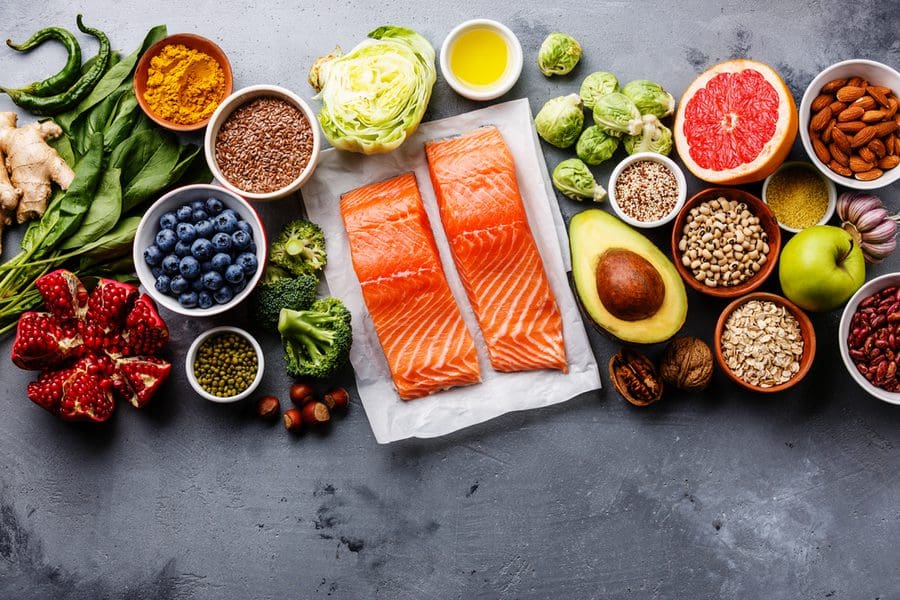Did you know that the brain alone uses 20% of your body’s calories? It’s true, and it’s yet another reason why it’s so important to eat a healthy diet to fuel your body and your mind!
Several vital nutrients you need to consume regularly to support healthy brain functions include omega-3 fatty acids, B vitamins, and antioxidants. Consuming these every once in a while won’t have much of an effect – it’s essential to make them a part of your everyday diet. Here are some brain-friendly foods to start incorporating into your meal plans.
Fatty Fish
Fatty fish contains omega-3 fatty acids that promote nerve and brain cell growth—crucial to both memory and learning. Omega-3 fatty acids are also linked to slowing mental diseases like Alzheimer’s disease. Some examples of fish that are high in omega-3s are salmon, tuna, sardines, and mackerel. If you don’t eat meat, you can also get omega-3s from nuts, flaxseed, and seaweed.
Berries
Berries are known for being a superfood—they’re full of flavonoid antioxidants, which help reduce inflammation and oxidative stress that can contribute to neurodegenerative diseases. Another reason to make eating berries a habit is that the accumulation of these antioxidants actually helps brain cells communicate.
Nuts and Seeds
Nuts and seeds contain both omega-3 fatty acids and antioxidants, so they’re really the MVPs of brain food. They are known to help prevent neurodegenerative diseases thanks to vitamin E, an antioxidant that protects brain cells from free radical damage. Pumpkin seeds, in particular, are packed with antioxidants, zinc, magnesium, iron, and copper. All of these are adept at supporting a variety of brain functions.
Tea and Coffee
Coffee contains both caffeine and antioxidants. Caffeine actually blocks adenosine (the chemical that makes you sleepy) and boosts serotonin (the chemical that makes you happy). Caffeinated tea has similar benefits. Green tea, in particular, is excellent for brain function. It contains L-theanine, which is an amino acid that helps reduce anxiety.
Whole Grains
Whole grains have a low glycemic index. This means that they release energy slowly and can help keep you alert longer. Wheat germ is also high in vitamin E. Try adding brown rice, barley, and oatmeal to your diet. If you’re going to have bread or pasta, try the whole wheat variations.
Broccoli
Greens are vital for your diet. Broccoli is full of vitamin K and glucosinolates, which help to slow the breakdown of neurotransmitters. In particular, it helps with acetylcholine, the neurotransmitter that helps our brain function properly and keeps memories sharp. Other veggie options for brain health are kale, cabbage, and brussel sprouts.







Great selection